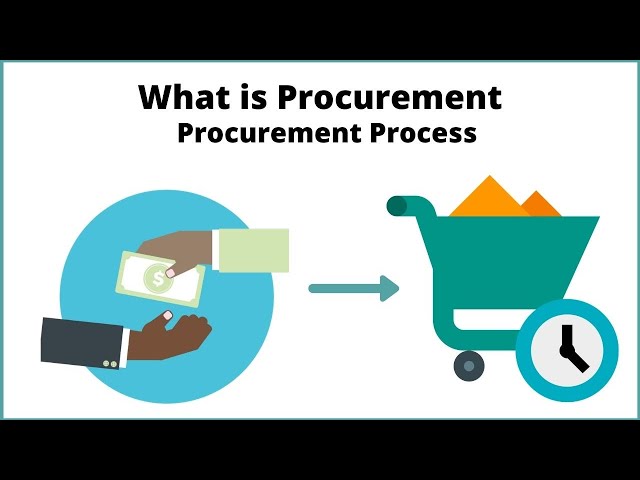Difference between an RFI, RFQ and RFP.
RFI, RFQ, and RFP are all acronyms used in the procurement process, but they stand for different things and have different purposes.
- RFI: Request for information
- RFQ: Request for quote
- RFP: Request for proposal
RFI
An RFI is used to gather information from potential suppliers about their capabilities and experience. It is typically used early in the procurement process to help buyers understand the market and identify potential suppliers. RFIs are often broad and open-ended, and they can be used to ask questions about a wide range of topics, such as:
- What products or services do you offer?
- What is your experience in this industry?
- What is your pricing structure?
- What are your delivery timelines?
- What are your customer satisfaction ratings?
RFQ
An RFQ is used to solicit quotes from potential suppliers for a specific product or service. It is typically used later in the procurement process, once the buyer has a good understanding of their needs and has identified a few potential suppliers. RFQs are more specific than RFIs, and they typically include detailed requirements for the product or service, such as:
- Specifications
- Quantity
- Delivery date
- Payment terms
RFP
An RFP is used to solicit proposals from potential suppliers for a complex project or solution. It is typically used when the buyer needs a supplier to develop a custom solution or to provide a range of services. RFPs are the most detailed of the three types of requests, and they typically include information about the buyer’s needs, their budget, and their timeline. RFPs may also include questions about the supplier’s approach to the project, their qualifications, and their experience.
Negotiation and Procurement Quotes
- “When consumers purchase a Toyota, they are not simply purchasing a car, truck or van. They are placing their trust in our company.” ~Akio Toyoda
- “During a negotiation, it would be wise not to take anything personally. If you leave personalities out of it, you will be able to see opportunities more objectively.” ~Brian Koslow
- “Information is a negotiator’s greatest weapon.” ~Victor Kiam
- “In the 10 or so years since e-sourcing technology first made its way into grocers’ procurement departments, the results secured have been remarkable: frequent double-digit savings in both direct and indirect categories, new process efficiencies, higher procurement contract compliance, dramatically lower savings leakage – and the list goes on.” ~Steve Whiteman
- “One of the best ways to persuade others is by listening to them.” ~Dean Rusk
- “Successful negotiation is not about getting to ‘yes’; it’s about mastering ‘no’ and understanding what the path to an agreement is.” ~Christopher Voss
Procurement Learning Resources
- Procurement Management | Types of procurement.
- Sourcing and Procurement in Supply Chain Management.
- The Founder – McDonald’s: How to Close a Deal in an Afternoon.
- What is Procurement? | Procurement Process.


